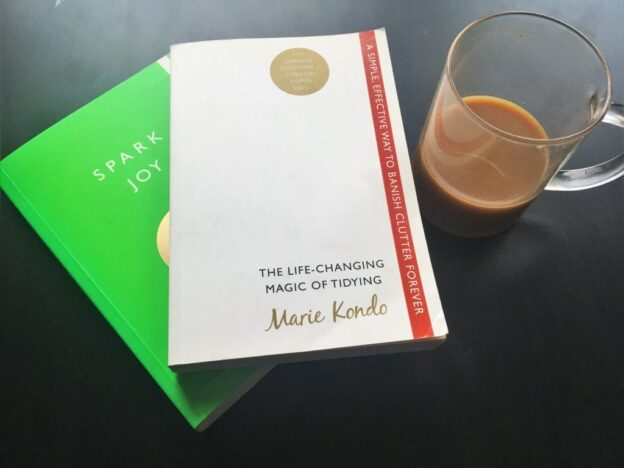Last year, I made a bucket list of some of the things I wanted to do in my life before I die. Usually, when I have an important goal to achieve, I would break down the goal – what do I have to accomplish by when? What do I have to do first in order to do second? Complex goals usually require complex planning.
However, I intentionally left my bucket list vague. Indeed, some of them are just one word long. Why? Because contrary to what it sounds like, the things on my bucket list are not goals.
what a bucket list really is
My bucket list tells the story of an adventure – my adventure. A good story isn’t about the destination, but the journey there. No matter where you go or what you do, it’s what you learn, and how you grow on the way that matters.
Travel is about discovering yourself. The phrase ‘finding yourself’ usually conjures up the image of a mountaintop or some other glamorous destination. However, you won’t find out who you are by wading through the Amazon or meditating in a Zen temple. Everything you need to discover about yourself is already within you.
Knowing this is liberating. It means that you can find meaning in your own backyard. You don’t have to get on a plane – just going for a walk around the block, or taking a train to the next town, can be an adventure in itself. You can learn a lot just by being more mindful of the surroundings you’re in right now, and taking a moment to be grateful for what you already have.
However, if it’s possible for you, visiting other countries can also be worth your while. Going outside of your comfort zone, whether it’s in the same country, or within another culture, can open mind, and widen your perspective on the different ways of thinking by different people. It can challenge your beliefs – which is a good thing – and make you stronger as a person.
Wherever you choose to go, remember that there is a difference between travelling for the sake of travelling and going somewhere to enjoy the journey itself. In other words, are you just trying to get to ‘X’, or do you care about the road there? When people create bucket lists, are they really only thinking about reaching a destination? Or are they thinking about the journey too?
The real question is, which one are you thinking about?
real travel is about the journey, not the destination
The Buddha’s story isn’t about reaching the goal of enlightenment itself, but about his pursuit of the rightful path
The concept is easier to understand when you look at the other things I have on my list. For example, ‘learn Japanese’ is so vague – how can one possibly know when they’ve ‘learned’ a language? The answer is that you can’t. I’m now living and working in Japan, and I could say that I’m fluent in Japanese, but I still haven’t crossed it off the list. I don’t think I’ll ever reach a place where I can say I’ve ‘completed’ this item, but that was never my intention. It was the process of learning that has given me so much. Because I’ve taken the time to learn a new language, a whole new world had opened up for me. I wouldn’t be where I am now if I hadn’t made the effort.
In the same way, I didn’t run a marathon for the medal. After all, it’s just a piece of metal. A medal and a free T-shirt is merely a representation of my hard work. It was all of those hours I spent running that mattered. By training for it, my body became healthier, I learned to eat better, and I built my mental and physical endurance. The actual marathon itself didn’t matter nearly as much as the sweat and tears I had shed in all the runs I did before it. The strength I gained didn’t just happen to me suddenly when I crossed the finish line, I collected it slowly, step by step, along the journey that I had already made.
So yes, you and I may never complete our bucket lists, but that’s okay. This is not an excuse. It’s not supposed to merely be a list of stuff to be ticked off one by one – it can be so much more than that.
Your bucket list should tell your story. How it goes is up to you.

